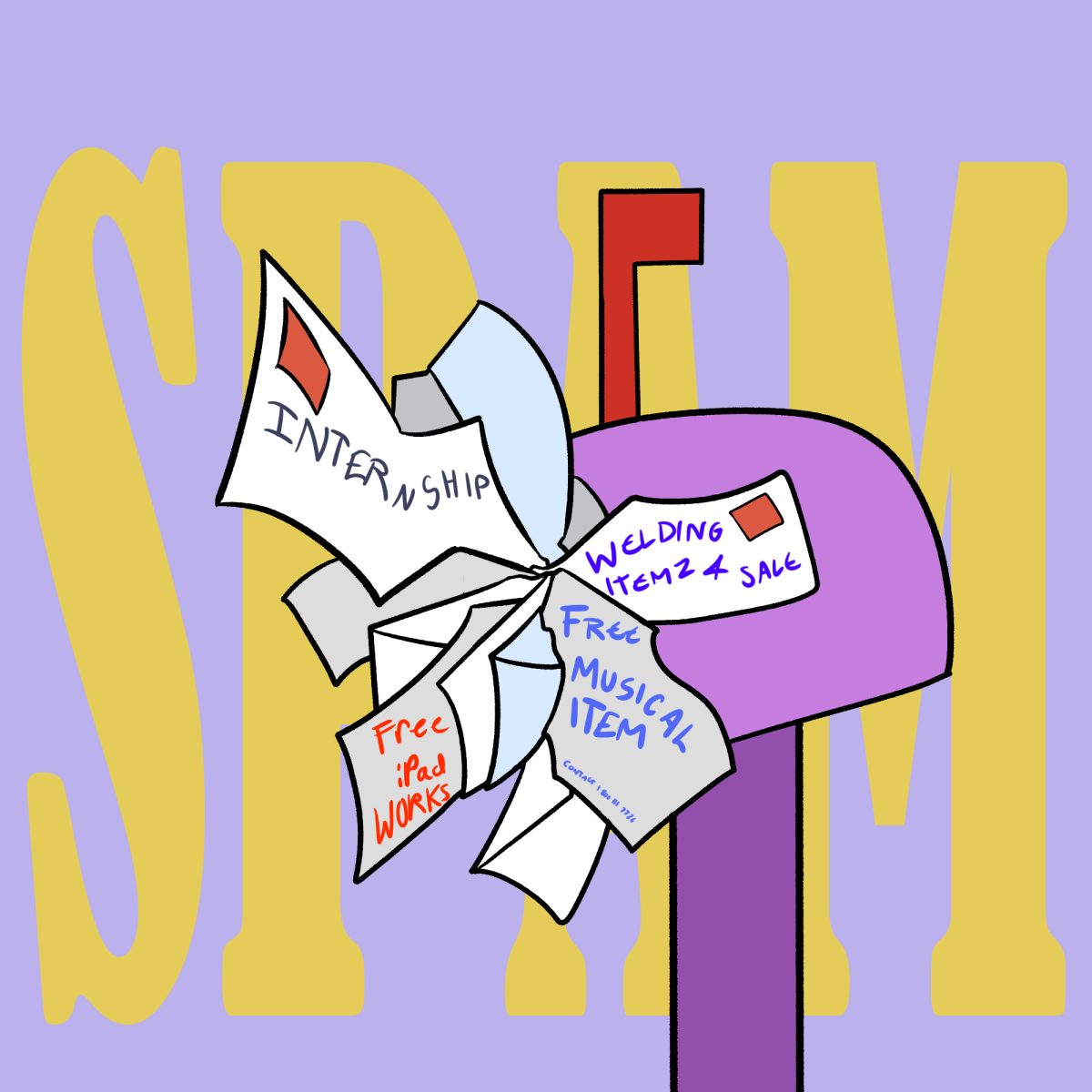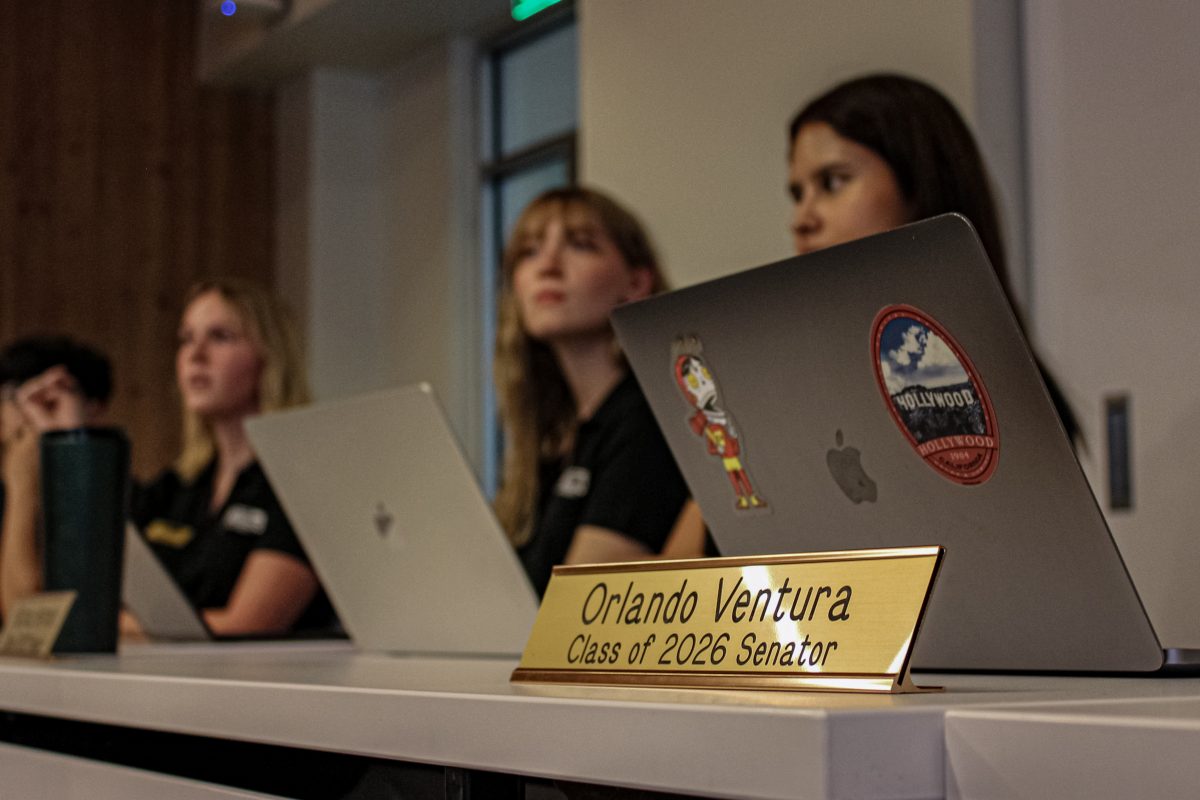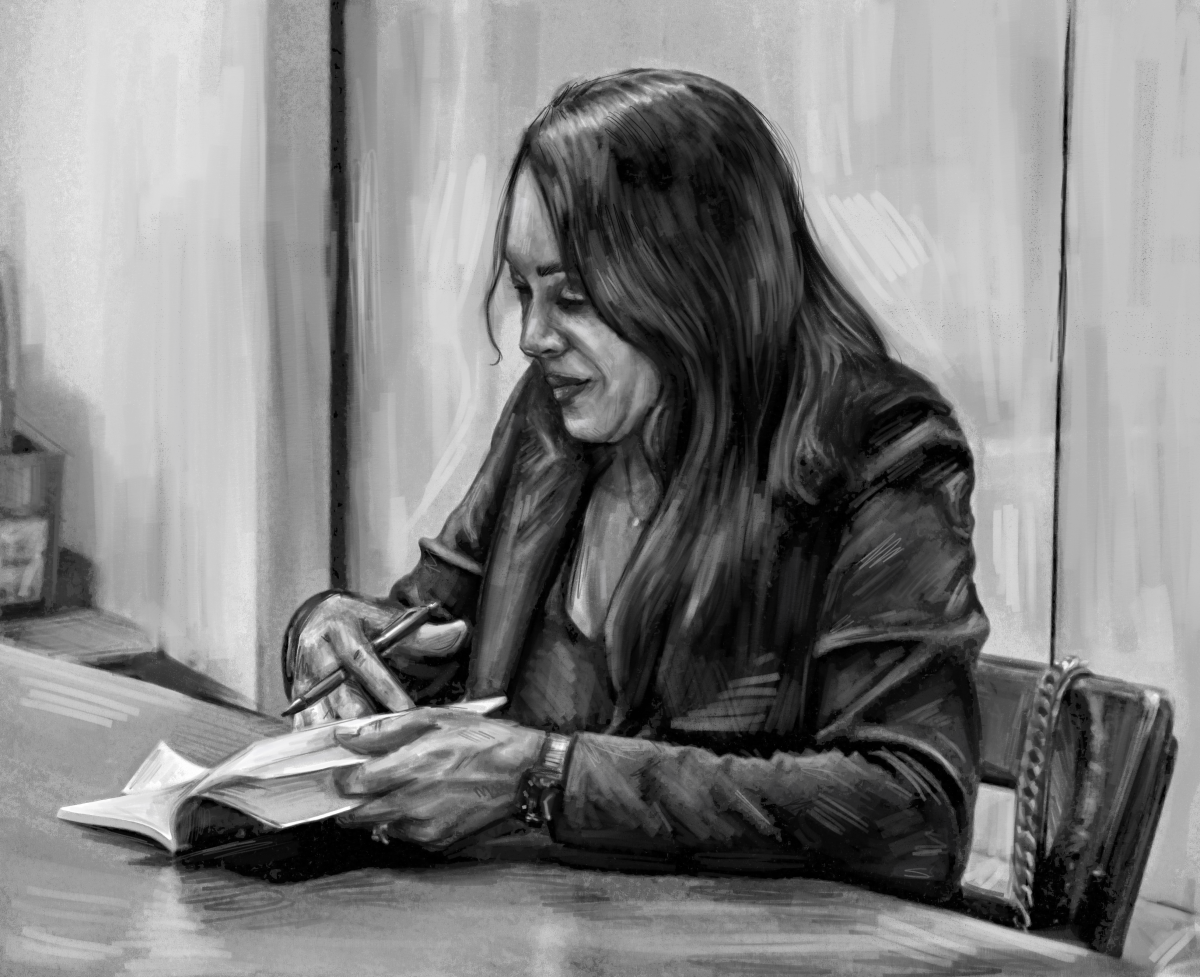In a health and wellness survey distributed to 340 students in 26 classrooms, Counseling Services found that the percentage of Trinity students reporting academic interference due to negative emotional environments was 2-3 times the national average. The 2012 National College Health Assessment was used for evaluation.
Trinity’s survey, with a response rate of over 80 percent, asked students about mental health over the fall 2012 semester. The two-page anonymous questionnaire determined that stress, the Internet, relationships and anxiety were the major detriments to a student’s academics.
Richard Reams, associate director of Counseling Services, was pleased with the level of participation since the previous survey circulated five years ago.
“Our numbers are slightly larger than the national rate,” Reams said, “although their assessment looked at a span of 12 months instead of a semester.”
Other factors shaping academic performance were alcohol use, concern for another person and depression. In an article slated to appear in an August 29 e-newsletter to students, Reams acknowledges that “life can interfere” for a sizeable portion of Trinity undergrads.
The chief negative factor was stress, affecting 62.5 percent of students. Second was 39.6 percent with the Internet and video games providing a distraction, and third was a relationship issue with 35.6 percent. The national average was significantly lower in each of these categories.
A second question asked students if they had ever felt a certain emotion, including anger, hopelessness, anxiety, sadness, loneliness and/or being overwhelmed. Anger was lowest on the list with 19.5 percent while being overwhelmed ranked highest with 80 percent.
While Counseling Services is a short term option, Reams encourages students to stop by and has also seen a recent rise in the number of visitors over the past three years. He attributes this to a variety of factors.
“Perhaps it is a reduction in the stigma surrounding mental health,” Reams said. “It could also deal with the economy, with students stressed about their financial status or future.”
Avantika Krishna, a junior, helped sponsor the first Mental Health Week at Trinity this past April through Trinity Progressives, of which she is a member. Krishna also discussed the stigma surrounding mental illness and looks to continue MHW in the future.
“Awareness and acceptance of mental health is an issue that is neither discussed enough nor treated enough given its prevalence in our society, especially on college campuses,” Krishna said in an email correspondence. “Trinity is no exception.”
While factors vary depending on the student, Counseling Services can recommend a variety of tips to stay mentally healthy. These suggestions are labeled as self-care practices.
Counselors recommend adequate sleep, avoidance of drinking to excess or use of recreational drugs, proper level of exercise, balanced nutrition and a solid relationship with at least one supportive friend.
Kristin Eisenhauer, senior psychologist in Counseling Services, said no one should suffer alone and that you should “reach out and get help” from a friend, professor or someone you trust.
“Withdrawal and isolation are the hallmarks of mental illness, so it is important to talk with others and engage in group activities and environments,” Eisenhauer said.
If the time comes that a student recognizes mental health symptoms in a friend or roommate, Reams says a student should express care, describe what they have seen or heard to the friend, invite that person to talk openly and encourage them to get the support they need.
“Even if that means walking with them to Counseling Services that can make a difference,” Reams said.
In his article to be published in the online Student Health 101, Reams gives further advice on how to deal with the seven factors listed in the survey. Links take the user to further information on how to cope with each of these issues.
Counseling Services employs three psychologists and is open 8 a.m. to 5 p.m. Monday through Friday in room 215 of the Coates University Center, above the bookstore. The phone number is 210-999-7411. Counseling Services can be found online at www.trinity.edu/counseling.







